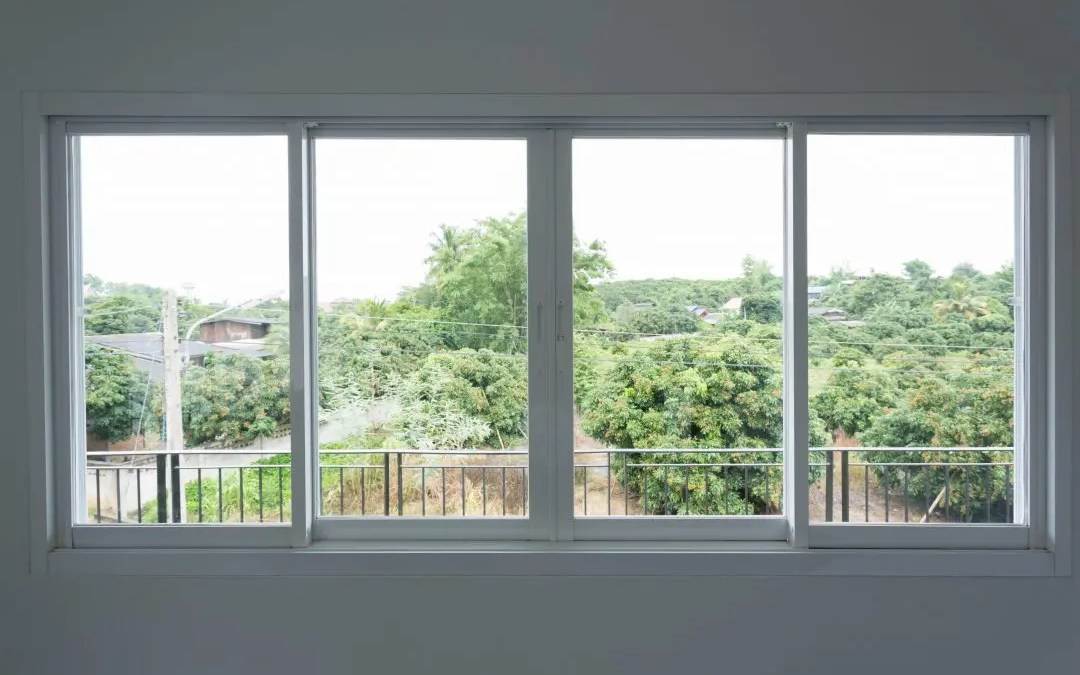So, here’s the deal: we’ve all been there, trying to enjoy a peaceful night’s sleep, only to be rudely awakened by the neighbor’s dog barking or a passing car’s loud engine. It’s enough to make anyone frustrated, right? Well, that’s where impact windows come in. You see, these specially designed windows are not only built to withstand flying debris during storms, but they also have the added benefit of reducing noise transmission. But before we jump to any conclusions, let’s take a closer look and answer the burning question: are impact windows soundproof?
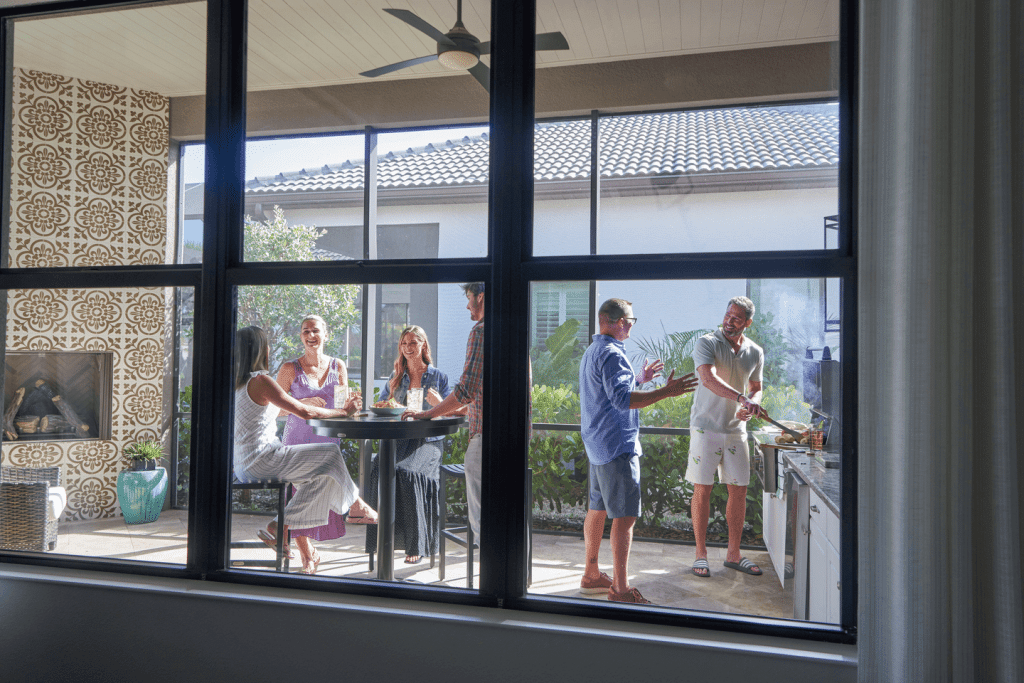
This image is property of www.pgtwindows.com.
What are Impact Windows
Definition of impact windows
Impact windows, also known as hurricane windows or storm windows, are specially designed windows that are built to withstand high winds, hurricanes, and other severe weather conditions. They are made with impact-resistant glass, which is composed of two or more layers of glass with a layer of strong polymer in between. This construction makes impact windows extremely durable and resistant to shattering, even when subjected to strong impacts.
How do impact windows work
Impact windows work by utilizing their unique construction to absorb and dissipate the energy from any impact, such as flying debris during a hurricane or storm. The multiple layers of glass and the polymer interlayer act as a barrier that prevents the glass from breaking and being penetrated. When a strong force is applied to the window, the outer layer of glass may crack, but the interlayer holds the glass together, preventing it from shattering and maintaining the structural integrity of the window.
Additionally, impact windows are reinforced by a robust frame system that provides additional strength and stability. The frame is typically made from materials such as aluminum or vinyl, which are known for their durability and resistance to corrosion. The combination of the impact-resistant glass and sturdy frame makes impact windows highly effective in protecting homes from the damaging effects of severe weather and potential intruders.
Soundproofing and Acoustics
Understanding soundproofing
Soundproofing refers to the techniques and materials used to reduce or block the transmission of sound from one area to another. It aims to create a more peaceful and quiet environment by minimizing the impact of noise. Soundproofing is essential for homes, office spaces, and other environments where unwanted noise can be disruptive and detrimental to comfort and productivity.
What is noise reduction coefficient (NRC)
The noise reduction coefficient (NRC) is a measure used to determine the effectiveness of a material or surface in reducing sound transmission. It ranges from 0 to 1, with higher values indicating better sound-absorbing capabilities. NRC is often used to evaluate the acoustic performance of materials like fabrics, carpets, and insulation.
How sound travels through windows
Windows are one of the weakest points in a building’s sound insulation. Sound can travel through windows via two main paths: airborne sound transmission and structure-borne sound transmission. Airborne sound transmission occurs when sound waves travel through the air and are transmitted directly through the window glass. Structure-borne sound transmission, on the other hand, happens when sound vibrations are transferred through the solid materials of the window and frame.
How noise impacts our daily lives
Excessive noise can have a significant impact on our daily lives. It can cause stress, disrupt sleep patterns, affect concentration and productivity, and even lead to hearing damage. Noise pollution from traffic, construction, and loud neighbors can be particularly bothersome, especially in urban areas. Therefore, soundproofing solutions, such as impact windows, provide valuable benefits in reducing unwanted noise and creating a more peaceful living environment.
Factors Affecting Soundproofing
Glass thickness
The thickness of the glass plays a crucial role in the soundproofing capabilities of windows. Thicker glass tends to block more sound, as it provides a denser barrier for sound waves to penetrate. However, it is important to note that while thicker glass may offer better sound insulation, it should still be combined with other soundproofing measures for optimal results.
Air space between panes
The air space between the panes in double or triple-pane windows contributes to their soundproofing capabilities. The wider the airspace, the better the windows can block sound transmission. The air acts as an additional barrier that absorbs and dampens sound waves, reducing their impact on the interior space.
Laminated vs. Insulated laminated glass
Laminated glass consists of two or more layers of glass with an interlayer of polyvinyl butyral (PVB) or ethylene-vinyl acetate (EVA) sandwiched in between. This construction enhances the soundproofing abilities of the glass. Insulated laminated glass, on the other hand, incorporates the benefits of both laminated glass and insulating gas fills. The combination of these two features provides superior sound insulation properties compared to standard windows.
Frame material
The frame material also affects the soundproofing capabilities of windows. Different materials have varying degrees of sound transmission properties. For example, aluminum frames generally offer better sound insulation than hollow vinyl frames. However, it is important to consider other factors such as energy efficiency and overall durability when selecting the frame material for impact windows.
Sealing and weatherstripping
Proper sealing and weatherstripping play an essential role in preventing air leakage and sound transmission through windows. Well-sealed impact windows can significantly reduce the infiltration of external noise, ensuring a quieter interior environment. Regular maintenance and inspection of the window seals are crucial to maintain the effectiveness of soundproofing measures.
Sound Transmission Class (STC) Rating
Explanation of STC rating
The Sound Transmission Class (STC) rating is a standardized measure used to assess the sound insulation properties of building materials, including windows. It measures the ability of a material to reduce sound transmission within a specific frequency range. The higher the STC rating, the better the material is at blocking sound.
What is a good STC rating for windows?
When it comes to windows, a good STC rating for soundproofing purposes typically ranges from 30 to 50. Windows with an STC rating of 30 offer a moderate reduction in sound transmission, while windows with an STC rating of 50 provide excellent sound insulation. However, it is important to note that achieving higher STC ratings may require a combination of multiple soundproofing measures, including impact windows.
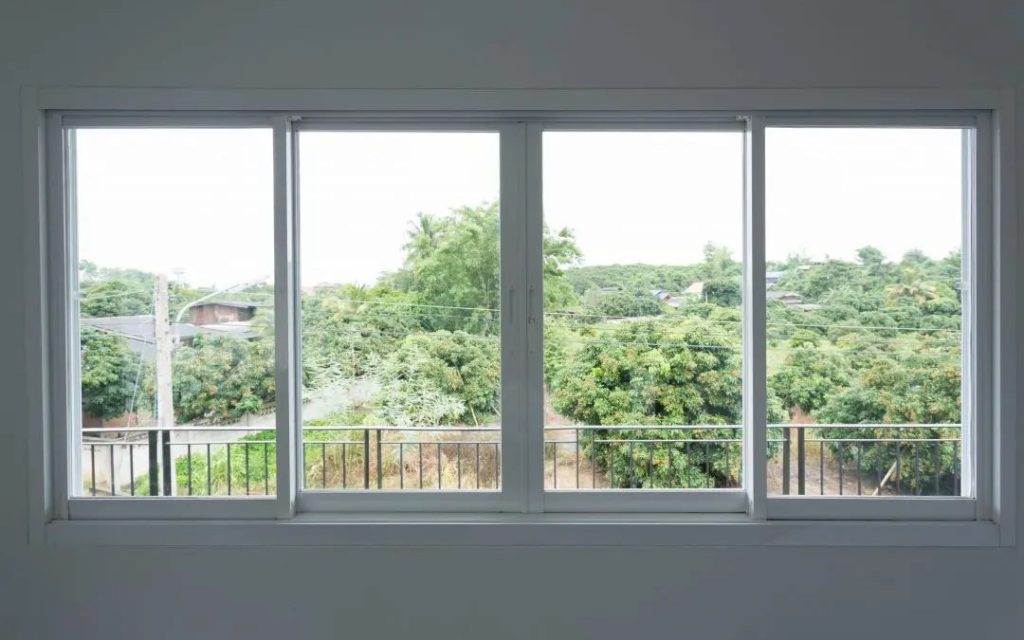
This image is property of i0.wp.com.
Understanding Impact Windows
Definition and purpose of impact windows
Impact windows, as mentioned earlier, are designed to provide protection against severe weather conditions, such as hurricanes and storms. Their primary purpose is to safeguard homes and buildings from high winds and flying debris. However, impact windows also offer additional benefits beyond their protective capabilities.
How impact windows are different
What sets impact windows apart from regular windows is their ability to withstand strong impacts without shattering. While traditional windows are made from single-pane glass, which is prone to breakage, impact windows feature laminated glass that holds together even if the glass cracks. The interlayer within impact windows absorbs and disperses the force of an impact, making them highly resistant to penetration.
Benefits of impact windows
Besides their superior durability and protection, impact windows offer several advantages. One of the significant benefits is energy efficiency. The multiple layers of glass and the air or gas fills in impact windows provide better insulation, reducing heat transfer and minimizing energy consumption for heating and cooling. Impact windows also offer enhanced security by deterring break-ins, as they are more difficult to breach compared to standard windows. Additionally, impact windows can provide UV protection, reducing fading and damage to furniture, flooring, and other interior elements.
Do Impact Windows Help Reduce Noise?
Pros of impact windows for soundproofing
Impact windows can contribute to noise reduction, although they are primarily designed for hurricane protection. The multiple layers of glass and the interlayer in impact windows offer some degree of sound insulation by blocking airborne sound transmission. While they may not provide the same level of noise reduction as specialized soundproofing materials, impact windows can help create a quieter indoor environment, particularly in areas with moderate noise levels.
Cons of impact windows for soundproofing
While impact windows can help reduce noise to some extent, they may not be as effective as dedicated soundproofing solutions. They are primarily designed to withstand impact from high winds and debris, and their soundproofing capabilities are secondary. The level of noise reduction provided by impact windows may vary depending on factors such as the quality of the windows, glass thickness, and other soundproofing measures implemented in conjunction with the windows. Therefore, if noise reduction is the primary concern, it may be necessary to explore additional soundproofing options.
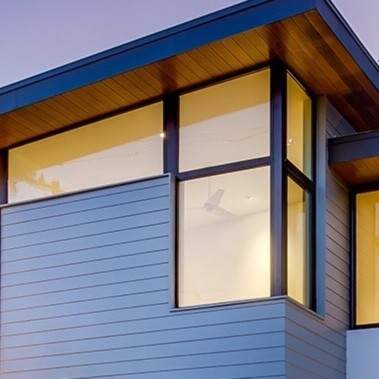
This image is property of canerimpactwindows.com.
Real-life Experiences
Feedback from homeowners with impact windows
Many homeowners who have installed impact windows have reported positive experiences in terms of noise reduction. They have noticed a considerable decrease in external noise levels, particularly from road traffic and neighborhood disturbances. While impact windows may not eliminate all noise, they can significantly contribute to creating a more peaceful and comfortable living environment.
Impact windows vs. other soundproofing options
For those seeking optimal noise reduction, combining impact windows with other soundproofing techniques can yield better results. Some homeowners choose to install soundproof curtains or window inserts in addition to impact windows for enhanced sound insulation. These supplemental measures can further reduce noise levels and provide a more comprehensive approach to soundproofing.
Tips for Maximizing Soundproofing with Impact Windows
Using impact windows along with other soundproofing techniques
To maximize the soundproofing capabilities of impact windows, it is advisable to combine them with other soundproofing techniques. As mentioned earlier, installing soundproof curtains or window inserts can enhance the overall noise reduction. Adding acoustic treatments to the walls, such as sound-absorbing panels or foam, can also help minimize sound reflections and improve the overall acoustic performance of a room.
Choosing the right glass and frame materials
When selecting impact windows for soundproofing purposes, consider the glass and frame materials that offer better sound insulation properties. Thicker laminated glass with wider airspaces between panes can enhance the soundproofing capabilities. Additionally, opt for frames made from materials that minimize sound transmission, such as aluminum or composite materials.
Installation and maintenance tips
Proper installation is crucial to ensuring the effectiveness of impact windows for soundproofing. Hiring a professional installer with experience in impact window installation is highly recommended. Additionally, regular maintenance and inspection of the windows, including checking for any gaps or leaks, can help maintain the soundproofing properties of impact windows over time.
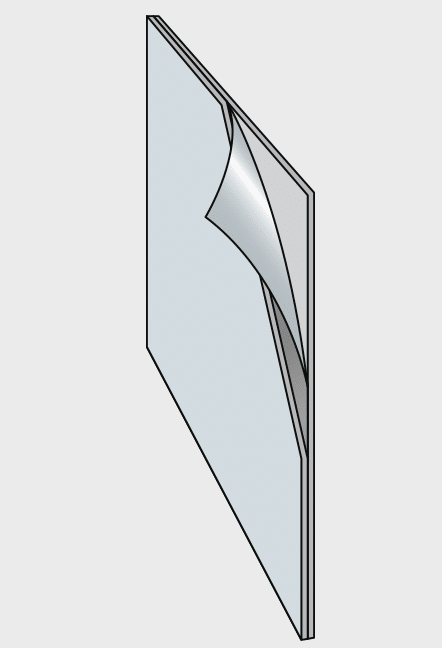
This image is property of www.windowanddoorreplacementcompany.com.
Conclusion
In conclusion, while impact windows are primarily designed for hurricane protection, they can indeed contribute to reducing noise levels to some extent. The multiple layers of laminated glass and the sturdy frame construction inherent in impact windows provide a certain degree of sound insulation. However, it is important to note that achieving optimal noise reduction may require additional soundproofing measures in conjunction with impact windows. Consulting with professionals and exploring various soundproofing options can help homeowners make informed decisions when it comes to creating a quieter and more comfortable living environment.
